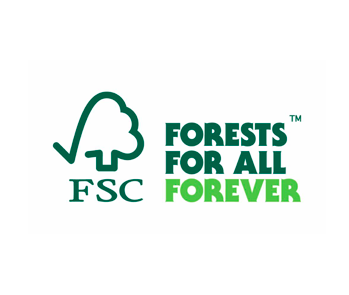The Environmental and Economic Implications of discarded wood and the hidden costs we never see.
There really is no argument against the thought that getting rid of trees can hurt the environment. There have been many missions to help us understand the importance of recycling paper and cardboard. However, an issue that is often overlooked in the recycling conversation relates to discarded wood. This can cause significant environmental and economic costs that can impact more than many of us would have thought. With this in mind, let us look into why discarded wood can cause many hidden costs.
The environmental impact of discarded wood
There are a variety of different reasons why discarded wood can cause harm to the environment. Not only can it take up valuable space in landfill, which can contribute to leak and methane emissions. These greenhouse gases have long been known to negatively impact the environment.
In addition, there is a certain amount of lost carbon sequestration when wood decomposes in landfill. Stored carbon can be released back into the atmosphere, which can have a detrimental environmental impact.
In addition, it’s vital to note that discarded wood could be reused rather than simply left to rot. It seems a travesty to let this happen when wood has the potential for a second life in building materials, furniture and even creating biomass energy and mulch.
Finally, discarding usable wood can mean we rely more on freshly harvested timber. This puts more pressure on our forests.
Economic implications of discarded wood
As mentioned, there can be a variety of other costs when it comes to leaving wood to decay. Not only can there cost involved in the processing and disposing of waste, but this can often be passed on to taxpayers. Collection transportation and landfill fees are becoming ever greater and this can put more pressure on the economy.
In addition, discarded wood could be a valuable resource. By repurposing and reusing wood instead of discarding it, businesses can harness money saving potential.
In a wide sense, recycling wood rather than discarding it can create jobs in the recycling industry. Not only can this create roles in collection and processing, but it can also mean there are a wider swathe of businesses that can employ people in manufacturing and sales of recycled wood products.
How to avoid discarded wood
There are a variety of ways in which this overlooked problem can be addressed.
For example, if consumers consciously choose recycled wood and durable wood products, this will reduce our dependence on virgin timber. Not only this, but if consumers prioritise maintenance and repair, this can extend the lifespan of wooden products.
In addition, consumers can also support sustainable forestry. By choosing wood products that promote responsible forest management, they can ensure that conscious decisions are made to reduce our wood waste.
It is very clear that the hidden cost of discarded wood can have both environmental and economic implications. By considering these when purchasing wood products or working with wood, we can help to reduce our economic and environmental impact.












 Get Directions
Get Directions